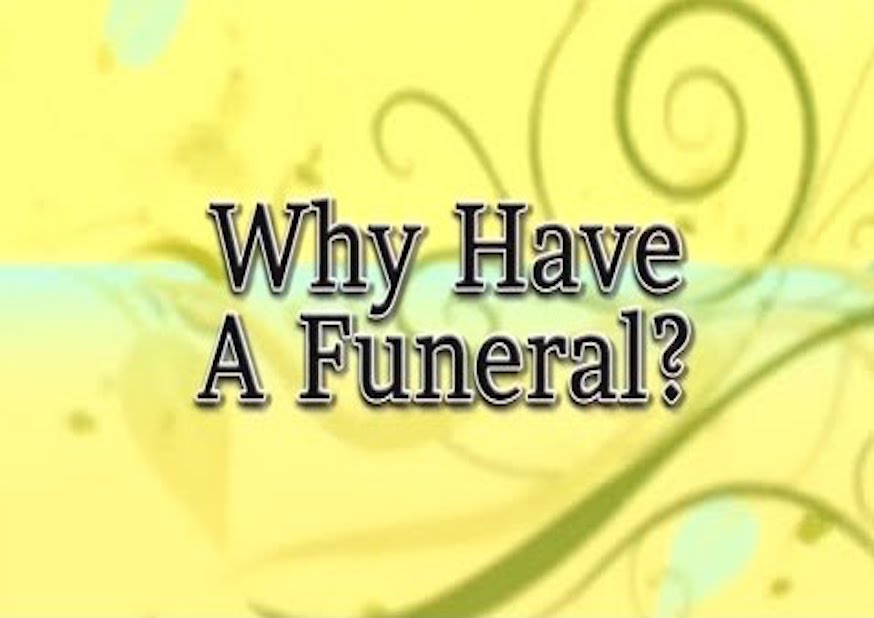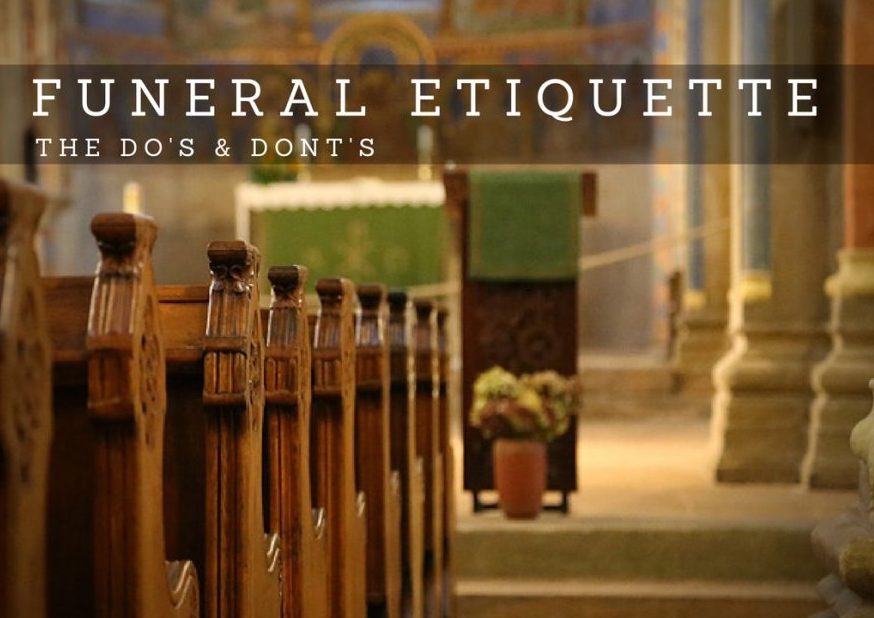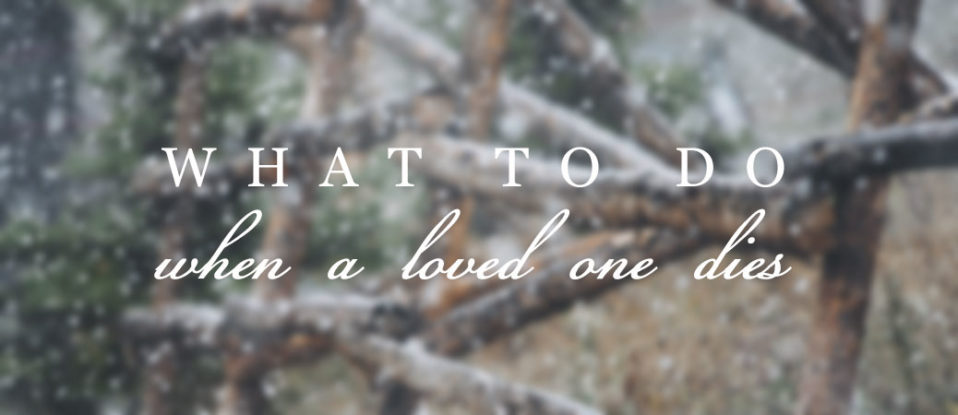Ann’s Bereavement Support
Grief is our natural response to loss in our lives. There is no right or wrong way to grieve, and different people have different ways of grieving.
When someone dies, family and friends can find it hard to cope with the tremendous grief they experience and can be unprepared for important decisions and arrangements that need to be made.
After the funeral can be a particularly difficult time, and grief can leave you feeling disorientated, numb, angry, exceptionally tired and sad or lacking in confidence and hope. It is important to not brush these feelings aside – they are an expression of how much the deceased person meant to you and a normal part of the grieving process.
In recognition of this Ann’s Funeral Home will provide a free after-care support service – someone to talk to and someone who can provide support and reassurance. Sam has had many years working as a qualified counsellor and bereavement support person and can provide a sympathetic ear, whether it is just ‘being there’ or putting you in touch with other support networks. Sam has helped many families following bereavement : “I help people as they go through the grieving process and experience feelings of loss and bewilderment. Every person grieves differently and my role is to find out what they need and assist them through the process. We also offer a free book Now What? A guide for people living with the death of someone close.”
Who can help me deal with the death of a loved one?
People work through their grief in different ways and having someone you trust and respect to talk to about it can be very important. If you find it hard to share your feelings with friends or family, or you are really struggling to cope with day-to-day life. The things that help you deal with grief will be individual to you and might include:
- talking to a close friend, family member or someone in your faith group (e.g. church),
- writing down your feelings,
- keeping yourself busy by taking up a hobby, craft, or sport.
You might consider joining a bereavement support group. Your local Citizens Advice Bureau can help you find one near you.
An alternative to face-to-face counselling is telephone counselling, for example as provided by Lifeline (0800 543 354, 24 hours 7 days) or the listening service provided by Samaritans (04 473 9739 or 0800 726 666, 24 hours 7 days).
If you are grieving for someone who died by suicide you can find information to help you on our Suicide and self-harm page.
After you’ve been at your job for 6 months, you’re legally entitled to bereavement leave if someone close to you dies.
Death of an immediate family member
You can legally take up to 3 days’ paid leave after the death of a:
- child
- grandchild
- grandparent
- parent
- partner
- partner’s parent
- sibling.
You can take this leave at any time and for any reason that relates to the death.
Some employers offer more than 3 days’ leave — check your employment agreement.
Death of someone else close to you
You might also be able to take 1 day of paid leave if someone else you’re close to dies.
Your employer decides whether you get bereavement leave or need to take annual leave, but they should consider:
- how close you were to the person who died
- any responsibilities you have at the funeral
- your cultural obligations (for example, attending a tangi).



